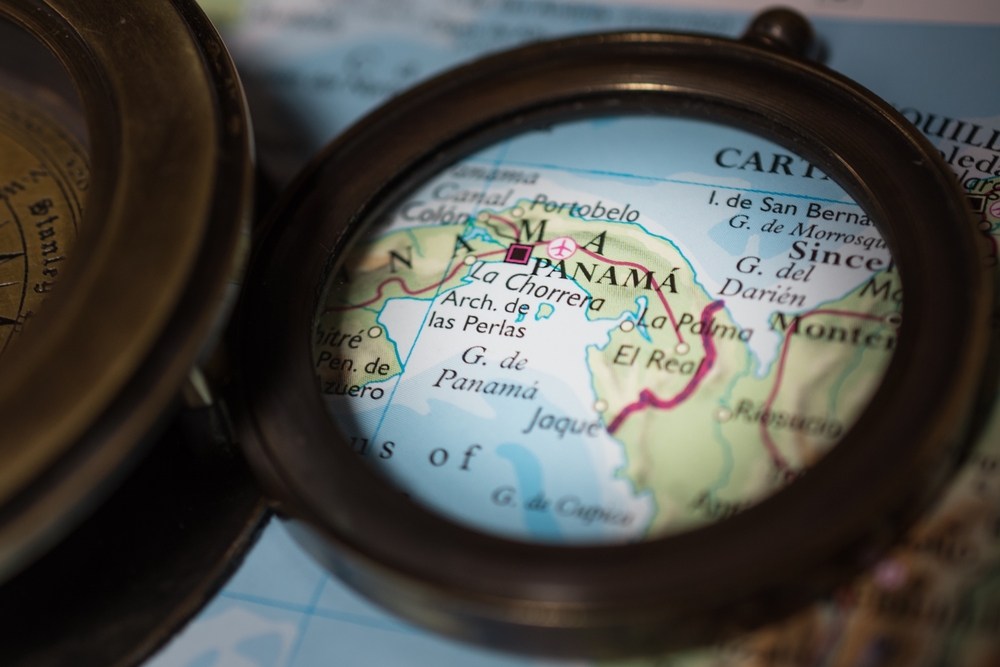I have a hard time relaxing on Sundays at the best of times. I’m always restless and looking for something to accomplish around the house. Yesterday, I spent a couple of hours in the hammock on my back deck, but, as always, I kept checking the newsfeed on my cellphone. It goes with the territory in the writing business.
That’s when I saw a news alert I couldn’t ignore from The Guardian, a British news outfit. They chose a relaxing Sunday afternoon to tell me that all hell had just broken loose in the world of offshore asset protection. Someone at Panamanian law firm Mossack Fonseca had leaked millions of documents, revealing details of the offshore structures used by thousands of individuals in dozens of countries.
As someone whose beat includes both offshore asset protection and Panama, I could hardly go back to my snooze…
Panama Papers: Tarring With the Wrong Brush
Most media outlets cover leaks like the Panama papers as though they were revealing details of horrific crimes. In this case, however, The Guardian was careful to note that having an offshore company, trust, bank account or other vehicle is not illegal. They did this several times throughout the series of articles published yesterday … so, kudos to them for that.
What is illegal, on the other hand, is corruption, money laundering and tax evasion. The way The Guardian presented the Panama papers yesterday was designed to create the impression that this is the only real reason to operate an offshore structure. It’s guilt by implication. The examples cited by the reports left no doubt that offshore activity of this kind is wrong by presumption.
A Distinction With a Difference
Some writers adopt a blanket approach to this issue, condemning all revelations of this nature as an egregious infringement of personal privacy. Not me. I think it’s perfectly justified to publicize the fact that politicians and officials have sums stashed offshore that they could not possibly have earned from their taxpayer-funded salaries. For example, one of the clients named in the Panama papers is a 20-something nephew of South Africa’s president, Jacob Zuma, who has just been effectively “convicted” of corruption by that country’s Supreme Court. As a South African taxpayer, this is news I want to hear.
And I’m sure plenty of Russians are curious to know how Vladimir Putin’s best buddy — a concert cellist — managed to become a multimillionaire with shareholdings in some of the country’s most notoriously corrupt banks.
But, we all know that the real reason people publish and read stuff like the The Guardian’s report on the Panama papers is to create the impression that anyone who operates offshore is automatically suspect and probably guilty of something. And that’s just not true.
The Facts
Let’s review the facts of offshore asset protection:
- It’s not illegal. There are plenty of reasons to open a bank account or a corporate structure, like a limited liability company (LLC), in an offshore jurisdiction, especially if you are in a lawsuit-prone profession like medicine. One of the valid reasons for operating offshore is if you just feel like it. It’s your right as a human being.
- The United States is the world’s No. 1 tax-evasion and money-laundering haven. The U.S. government does not practice any of the things it preaches to other countries through stupid laws like the Foreign Account Tax Compliance Act (FATCA). It hasn’t even signed the Common Reporting Standards for tax information adopted by the rest of the world. Foreigners who want to create a trust or corporation in the U.S. to avoid taxes in their home country are perfectly free to do so, and there is no mechanism by which the U.S. government can report them. With some exceptions, foreigners are also free to buy real estate for cash and register it in the name of a U.S. LLC that is virtually untraceable. That’s the reason places like Miami and Manhattan have such stratospheric real estate markets. It’s not because of the quality of the empanadas or pierogi.
- Corruption and tax evasion are crimes — in the jurisdictions where they occur. Although law firms like Mossack Fonseca are accountable to the governments and bar associations where they have offices, it’s not their job to enforce national laws. In this case, it seems likely that Mossack Fonseca has knowingly violated Panamanian and other laws — one reason we don’t recommend them — but that’s not a reason to regard all of their clients, or the clients of similar firms, as likely criminals.
There But For…
There’s no question that the subtext for this issue is anger at the massive and growing inequality and systemic corruption in the world today. Heck, it makes me angry. Being a liberty-lover doesn’t mean I have to get into virtual bed with crooks and oligarchs.
But I also know that operating offshore is a critically important tool for all of us, even if we’re not oligarchs, and that most of the governments of the world desperately want to take it away from us. Remember that as The Guardian’s revelations unfold. You’re not likely to be reminded of that … except here.
Kind regards,
Ted Bauman
Editor, The Bauman Letter
